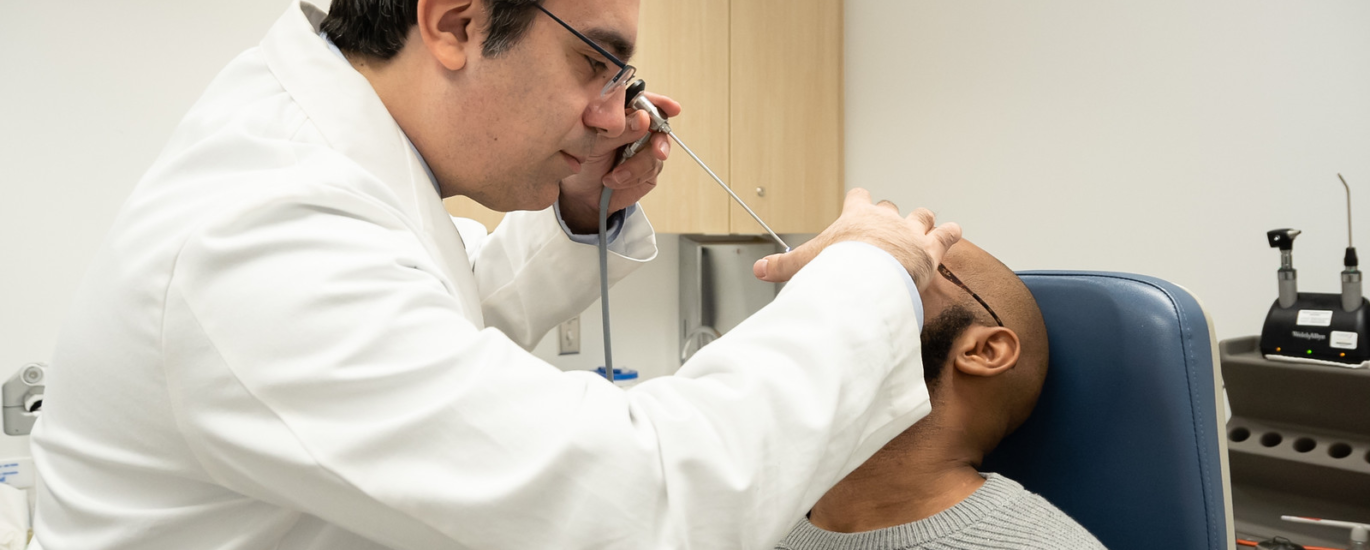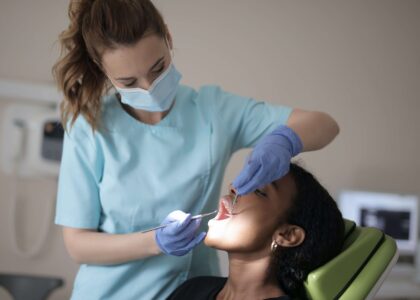They are affectations of the olfactory capacity that can be due to the sinonasal pathology or the olfactory nerve’s affectations. It is one of the sequels of the COVID-19 infection.
Prognosis of the disease
COVID-19 has left us with a series of consequences that have to do with smell and taste. This makes us ask ourselves a series of questions, such as, can our sense of smell be recovered? This is a topic of general concern.
Currently, we can say that 1 in 5 people recover taste in a week; 1 in 3 people need between 1 and 2 weeks to get it back, and 1 in 5 take between 2 and 4 weeks. The remaining 80% is recovered in a maximum time of one month.
In addition, a small percentage of people lose their taste and smell in the long term. By training the sense of smell for six months, we can get 33% of this small percentage to recover it.
Symptoms of smell disorders
The symptoms are loss of smell to a lesser or greater extent. Three major impacts are distinguished:
- Parosmia: odors are confused, or some already known odors become unpleasant.
- Hyposmia: is the desensitization of smell that prevents or makes it difficult to identify habitual aromas.
- Anosmia: is the complete loss of smell.
Medical tests for smell disorders
The medical tests that are performed to diagnose and detect smell disorders, whether due to COVID-19 or another cause, are:
- Sinus endoscopy.
- Imaging tests if necessary.
- Olfactometry.
- The test was validated at the European level Sniffin Test.
What are the causes of smell disorders?
The causes of smell disorders can be several:
- nasal inflammation derived from acute and/or chronic rhinosinusitis processes.
- Viral infections, such as COVID infection.
- Neoplastic causes: tumors of the skull base or the olfactory bulb can produce smell alterations.
Can they be prevented?
Maintain good nasal health in terms of nasal and mucosal permeability and rehabilitation and treatment with omega-three supplements that favor and strengthen the sense of smell.
Treatments for smell disorders
The treatments that are performed on patients with olfactory disorders are:
- Treatment of the cause if it exists, for example.
- Treatment of rhinosinusitis.
- Directed rehabilitation in cases in which the affectation is neuronal, as in the case of COVID.
Medicines for smell disorders
The most commonly used medications and products to treat smell disorders are:
- Nasal washes.
- Nasal topical corticosteroids.
- Omega 3.
- Essential aromatic oils.






